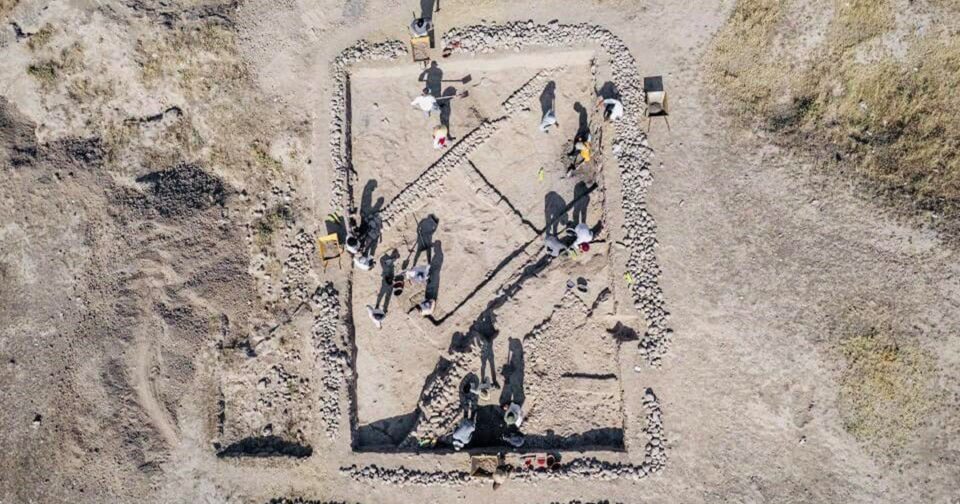According to the latest findings from archaeological work at both the Gre Asengaran and Kani Aspechan projects in the Rovya district of Dohuk governorate, two human settlements were discovered, along with a type of pottery that dates back seven to eight thousand years.
The excavation project at Gre Asengaran is being carried out jointly by the Directorate of Archaeology and Heritage of Dohuk and the General Directorate of Archaeology and Heritage under the Ministry of Municipality and Tourism, together with the University of Udine, Italy, under a contract to work at both Gre Asengaran and Kani Aspechan archaeological sites in Dohuk governorate.
Archaeologists from the Dohuk Directorate of Archaeology and Heritage and the University of Udine, Italy, after working on the Kani Aspechan project, discovered a type of pottery used for processing and cleaning “wheat” that dates back eight thousand years. Additionally, at the “Gre Asengaran” archaeological project, two human residential rooms were discovered that are rectangular in shape, built with bricks on the hilltop. According to research, these rooms belonged to social figures of the community.
Based on the archaeological research conducted for both projects, these discoveries prove that human life existed in this region thousands of years ago and underwent continuous changes, particularly transitioning from an agricultural society to a social community and later toward further development, modernization, and continuation of life in the region.

